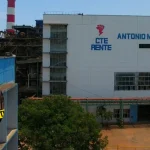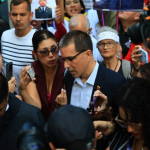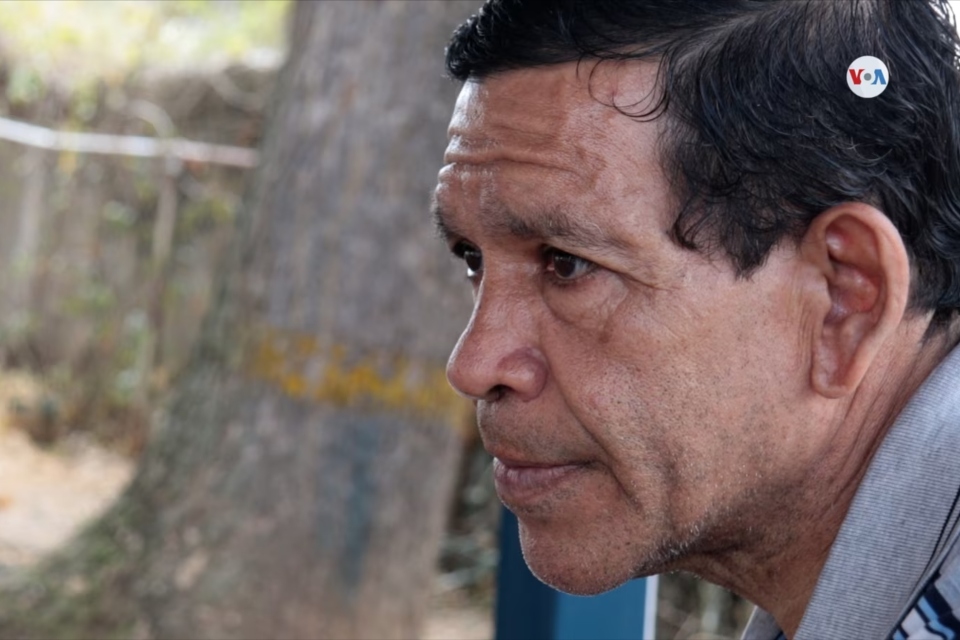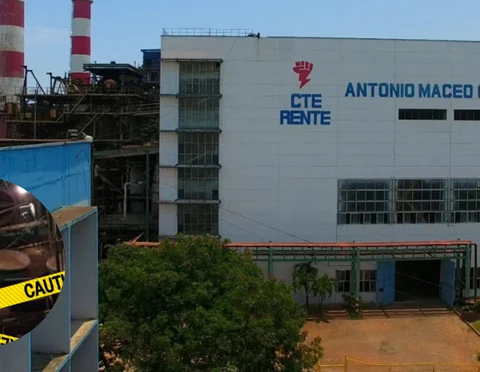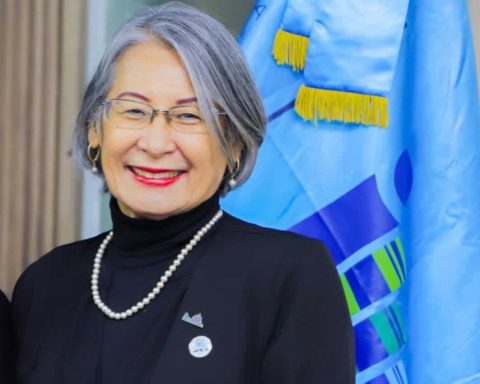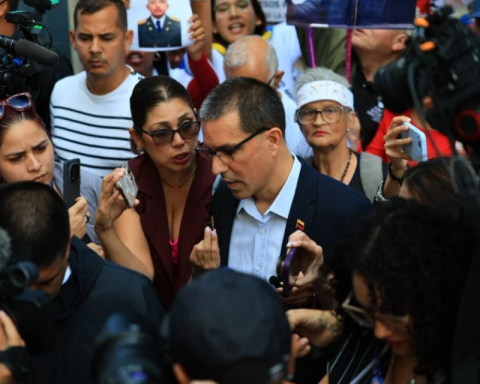Montevideo has eight municipalities: three of them are run by mayors of the National Party and the rest by Frente Amplistas. This has caused setbacks when it comes to managing, because although those consulted say that they do it “beyond the flags”, the whites feel that some of its projects and tenders are “boxed” or progress “slow”as they told The Observer. In addition, they suggest that they are at a disadvantage because when it comes to providing information, the mayors of the Broad Front (FA) have a privilege.
The mayors of the FA do not see it that way. The mayoress of Municipality G, Leticia de Torres, He said that he does not agree with giving priority to the Frente Amplio municipalities. “We all have contacts with the directors of the IM,” he said.
In it Municipality CH, the nationalist mayor Matilde Antía required that the Mayor of Montevideo, Carolina Cosse, grant him functions to sign an agreement between the municipality and the Ministry of Transport and Public Works (MTOP). The construction project and the money belong to the municipality and the MTOP will provide technical support. However, despite the fact that “everything was fine” to establish the agreement, the IM had the file for “four months” at the General Secretariat, said Antía, who considered the fact as “incredible”. Although the white mayoress prefers to say that the efforts are “slow” and not that they are “boxed in.”
“You have to go after the files” is the phrase that the mayors repeat. Even the mayor of Municipality A, Juan Carlos Plachot, that belongs to Broad front. He said that, in the case of tenders, the abbreviated ones “take five months” and that “the most complicated ones take six.” Those same deadlines were set by the mayoress of G, De Torres. Plachot met with the purchasing area of the IM to put together a management commitment “so that the tenders go out faster.”
In it Municipality F, the white mayor Juan Pedro López, also claimed that the round trip between the municipality and the IM is slow. “We have 22 kilometers of asphalt, because I attach great importance to the streets, and with the barriers that we have, because the tenders block us, but we remain firm,” he said in dialogue with The Observer and added that the tenders “that have to come out in six months don’t come out”. According to López, the project to improve roads in the neighborhoods of the municipality that he directs began in February 2022 with five tenders and only one has been approved so far. In addition, the one that was approved has not yet been launched because the authorization of the IM is missing. “There are 102 million pesos between the five tenders. The street is not for me, it is for the neighbor,” the mayor remarked.
He also said that for to improve the storm drains the municipality had the money we had to wait a year and a half for the IM to authorize the works. “We already have the money until 2025 and we invest it in our own way. We can be wrong or not, but it is the municipal government’s decision,” said López. mayor of municipality D, the Frente Amplista Gabriel VelazcoHe does not believe that there is a difference in the delays on the part of the IM with a political intention “or flags”. He also admitted that, in general, abbreviated tenders “take three months” and “another six months.”
His partner, the neighborhood councilor of the National Party Bryan Araujo in Municipality D – led by Velazco – exemplified in figures the “delay in the tenders”: last year the municipality had $100 million from the Office of Planning and Budget (OPP), but executed $77,505,462. The rest of the money –around 23 million pesos– was not carried out “due to delays in the biddingon land that needs them at all costs,” said Araujo. The money, which is returned to OPP, was going to be used for road projects, to build streets in the La Union and Piedras Blancas neighborhoodsaccording to the councilor.
The problem, said Mayor Velazco, is that sometimes the winning company does the job wrong or directly when doing it does not have the tools or enough staff. “When awarding a tender, the IM looks at the price,” he said.
Also in the Township E They claim the delay of the IM to finalize the projects. The mayoress, Mercedes Ruizsaid that although at this moment she does not have pending bids, there was a project for the Baroffio park that she presented herself and that was “boxed”.
“When it occurred to them to sign the agreement for the Baroffio Park, they unboxed the project and in 15 days they solved everything to build the Caramurú bridge that he was boxed in for a year. Now I will put up a very large sign that is financed with money from municipality E,” said Ruiz. For the mayoress of the National Party “it is not being easy to manage” and she said that the IM signed an agreement with the neighbors in the Molino de Pérez, in Malvín, to which Ruiz was not invited. “Federico Graña – director of Municipal Development and Participation of the IM – told me that they did not invite me because it was a political decision.”
Velazco also composes the table of the plenary of Municipalities of Uruguay, that covers the entire third level of government in the country. In this area, there is also talk about the resources that are allocated by the municipalities to some municipalities or others. “It happens even in departments where the mayors are all from the same political party and there are relationship problems, which are not partisan, but are personal. The mayor here gets along well with the mayor there and gives him more importance than others with whom he gets along badly. That happens in all municipalities in the interior,” he explained.
The Observer contacted the mayoress of municipality B, Silvana Pissano, who was unable to answer questions at press time. Also with the mayor of Municipality C, Jorge Cabrera without success.
PN senator proposes changes to the decentralization law
Nationalist senator Sergio Botana presented a bill to modify the decentralization law that created the municipalities. In the explanatory statement, Botana argued that “the conflict of powers” between the municipalities and the municipalities, the lack of own resources, the political responsibilities and the legal status of the third line of government “are fundamental issues of the text.”
The senator intends to “clarify the competences and powers of the municipality, the mayors and the councilors”, as well as their relationship. “Many times, according to the will of the mayor and the relationship between the mayor and the mayor, we have found that the mayors do the municipal function in places where there is a municipality or, worse, sometimes they do not give the elements to the municipality so that it can exercise and we ended up with that function, in some cases, being stopped,” Botana explained before the legislators of the Special Commission for Departmental and Municipal Affairs.







